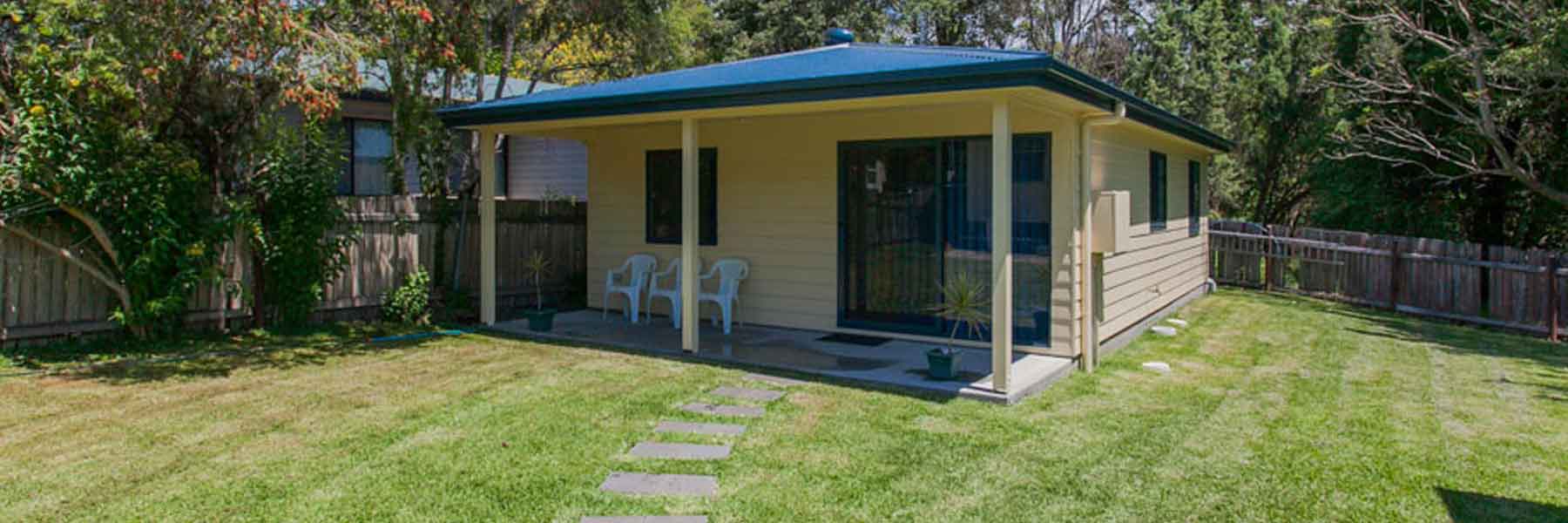Home > Home Loans > What is Home Equity?
What is Home Equity?
Find out about home equity and how it can best work for you.
Author
Savvy Editorial TeamFact checked
If you are in the process of paying off a home loan, then you will have built up equity in your property.
In this article, we take a more detailed look at exactly what home equity is, how you can use it to your advantage, and provide answers to questions which you will need to know.
What is home equity and how does it work?
Home equity is a simple concept that may seem confusing to those who are unfamiliar. Essentially, your home equity is the monetary figure reached when you subtract your outstanding debt from the current value of the property you’re paying off.
For example, if Malcolm purchases a property worth $600,000 and has a $120,000 deposit, he will need to take out a loan to cover the $480,000 difference. Once interest costs and other fees are taken into account, and if we use a 2.5% interest rate on a 30-year loan, then after 5 years of making monthly payments of $1,897, Malcolm will have paid off $58,254 of his debts and have an estimated $421,746 remaining.
The amount of home equity Malcolm has in his property will be his initial deposit amount, plus the principal he has paid off. This would look like:
$600,000 – $421,746 = Home equity of $178,254.
One more aspect of home equity that is important to understand is that the percentage of total equity owned in your home can increase over time as the value of your property appreciates. For example, if, during the five years that Malcolm has been building up equity in his home, the value of his property has increased by 10%, then the value of Malcolm’s equity will have grown by 10% also. This would look like:
Home value= $600,000*1.1= $660,000.
Home equity value= $660,000- $421,746= $238,254.
Similarly, if the value of Malcolm’s property decreases over the same time period, by 10% for the sake of our example, then Malcolm’s equity in his property will have decreased alongside it. This would look like:
Home value= $600,000*0.9= $540,000.
Home equity value= $540,000- $421,746= $118,254.
How can I access my home equity?
Your home equity can be accessed in a variety of ways including through a redraw facility, reverse mortgages and refinancing your mortgage. Most lenders will allow you to borrow up to 80% of your current equity in a property. For example, if you controlled $100,000 worth of equity in a property, you would be able to access $80,000 worth of credit.
Redraw Facilities
A redraw facility is a home loan feature which can allow you to access extra repayments that you have made towards your mortgage in the form of a lump sum. Using a redraw facility can be a useful way to access the funds necessary to pay for home renovations, a deposit on another property, or even to help you weather unexpected life events. Because your redraw facility draws on surplus payments which you have already made towards your mortgage, you will technically incur no cost for accessing this equity, except a loss of extra savings on interest expenses that will have previously benefited from by having reduced the total principal outstanding on your loan.
Refinancing
Refinancing your mortgage in order to access your home equity involves renegotiating your home loan, either with your current financier or with another lender altogether. When refinancing you can request a higher loan amount than you currently have as percentage against you current properties value. This allows you to get access to your equity through a cash-out. You can compare your refinancing options on our home loan refinance rate table.
Reverse Mortgages
Reverse mortgages are typically used by retirees over the age of 60 who ‘cash in’ on a portion of their home equity in order to fund their lifestyles in addition to their pension and other income streams. The percentage amount of equity which you can access varies depending on your age, but for a 60-year-old, the percentage typically starts at between 15%-20%. As you approach 65 or older, this amount can increase to approximately 25%. Depending on your needs, you can receive this equity in a variety of ways including as a lump sum, a fixed income stream or a line of credit. This allows retirees to remain in their home while making no future repayments towards their withdrawn equity, which is eventually repaid from the estate of the individual once they have passed away.
Can I use my home equity to purchase another property?
One of the most common uses for home equity is to finance the purchase of another property. By refinancing your mortgage, you will be able to use the equity you have in your current property as the deposit for your next property purchase.
The majority of lenders will allow you to borrow up to 90% of the value of your investment property using your home equity as a deposit. It is worth bearing in mind here, that as with regular home loans, if you borrow more than 80% of the total value of the property being purchased, then you will need to pay extra fees for lenders mortgage insurance.
By accessing your equity to make an investment in another property, you can open yourself up to opportunities such as utilising the benefits of negative gearing which allow expenses relating to investment properties to be claimed as tax deductions, or simply enjoying the lucrative capital gains which might be attained through investments in the correct property. Should the right investment strategy be employed, these benefits can often be compounding. For example, one might choose to purchase an investment property, and claim interest payments and other expenses related to this property as tax expenses, and then sell their current primary place of residence to enjoy tax free capital gains on the sale of that property.
Top tips for increasing your home equity
Steadily paying off your mortgage
The primary and most straightforward method of doing this is to simply pay off your home loan as per usual and gradually gain equity in your property.
Make extra lump sum payments
Another way to do this, might be to make a large one-off lump sum payment towards your home loan in order to maintain your equity for a later date, but reduce interest expenses in the meantime, until that equity is accessed.
Consider making improvements to your property
A more unconventional, but still effective way to increase your equity in your property may be to make improvements to your property that can increase the valuation of your property at a higher margin than the funds spent on making this improvement.
Want to know more about home equity?
The risk appetites of different individuals vary greatly, and some might be able to access equity in their property with almost no risk. As a general rule though, risks involved with this type of investment strategy include seeing a negative return on the investment made with credit from your home equity, as well as owning less of the total value of your current property (which might be needed as an emergency buffer in the future).
Should you wish to explore options offered by a variety of lenders which can allow you to access your home equity, you can use online comparison tools such as those provided by Savvy.com. Another option might be to approach a mortgage broker to gain access to a wide range of offers and the expertise of an industry professional.
Yes, you can access equity in your home as a pensioner in the form of a reverse mortgage. As mentioned above, reverse mortgages allow you to take out equity in the range of 15%-25% in order to help support yourself in retirement in addition to your pension. Under this type of arrangement, you will receive the funds from your equity in the form of a lump sum payment or fixed income stream and the equity is repaid from your estate once you have passed.
In order to improve your chances of having your application to access your home equity improved, you should focus on maintaining a strong credit score, as well as a healthy debt-to-income ratio. To keep your credit score strong, you should ensure that all of your credit card payments, utility bills and mortgage repayments are made on time and that you have minimal outstanding debts. With regards to your debt-to-income ratio, you should make sure that you have an income which can easily repay both your current and prospective credit obligations.
Sometimes life can be unpredictable and when you need to access your home equity will be beyond your control, which is okay. When you do have the flexibility to choose though, you should consider the potential upside that lies in accessing your equity and how this will impact your overall financial position moving forwards. If an investment opportunity presents itself to you which you can confidently conclude will provide returns which outweigh the cost of increased interest expenses on your home loan, then you might decide that accessing equity in your home will work for you.
Sometimes it will be in your best interests to access your home equity to consolidate or cover existing debts. To determine if this is the case for you, you can compare the interest applicable to your current debts to the interest payable on your home loan. If accessing your home equity will result in interest savings over time, then this could be something you can consider.










